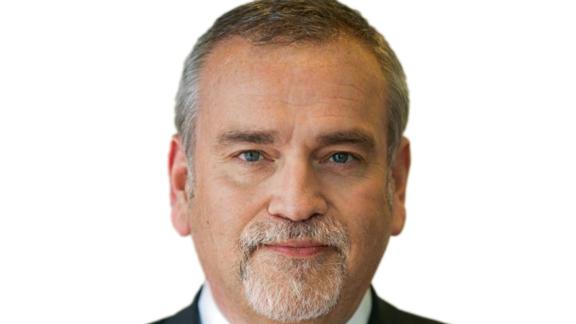Not just a set of words

Joan Saddler, director of partnerships and equality at the NHS Confederation and co-chair of the NHS Equality and Diversity Council (EDC), reflects on the role of accountability and assurance in tackling health inequalities.
The EDC works to bring people and organisations together to realise a vision for a personal, fair and diverse health and care system, where everyone counts and the values of the NHS Constitution are brought to life. The NHS Confederation, which includes NHS Employers, sits on the council and is a key partner in its work. This article provides an overview of key themes from the EDC's work and discussions this quarter.
Equality, diversity and inclusion are not just a set of individual words or a phrase to support and offer commitment to. People and communities fought for the right to campaign for everyone to be respected; for equality, diversity and inclusion to really matter.
In an age of increasing pressure on families, older people, young people and increasing health inequalities across many groups, as evidenced throughout the ongoing impact of COVID-19, it is even more important for NHS leaders to practically ensure we take every opportunity to support people, particularly through our ambition and duty to care for all people under the Equality Act 2010 and associated Public Sector Equality Duty 2011.
The Equality and Diversity Council (EDC), which I co-chair, works to bring people and organisations together to realise a vision where everyone counts and the values of the NHS Constitution are brought to life.
The council provides visible leadership on equality and diversity issues across the health service. Its purpose is to shape the future of healthcare – to help improve the access, experiences and health outcomes for all patients and communities, and to support the NHS to become a more inclusive employer.
As EDC co-chair Amanda Pritchard reflected on future challenges and opportunities in her conference speech at NHSConfedExpo, respect was one of the 4 R’s she covered alongside recovery, reform and resilience. She also said:
"For lots of our colleagues, COVID-19 has brought with it real difficulty, whether personally, professionally or both, and we know that doesn’t just go away overnight. But it is also true that, collectively, we have achieved remarkable things together.
"Continuing this incredible progress is a ‘must do’ if we want a resilient health service for the future.
"(The)…report from Gordon Messenger and Linda Pollard was a timely reminder that tackling discrimination should be every leader’s business, from ward to board."
At our most recent EDC meeting focused on accountability and assurance, it was clear that organisations have a key role to play in helping drive forward this important agenda tackling workforce and health inequalities. The importance of developing effective feedback loops with communities and staff is especially important at times of significant change with the passing of the Health and Care Act 2022.
Similarly important is the key role NHS England and system partners can play in building core, relevant communications relating to equalities and health inequalities. Including the crucial role the Care Quality Commission can play as it develops assurance processes. Boards and senior teams across the system are also integral as they improve evidence-based plans for progress. Where emerging roles accountable for tackling inequality in trusts and integrated care systems can drive equality, diversity and inclusion at scale.
Accountability is not only required at senior levels within organisations but by all. We need to continue to promote the message that we all have a role in reducing health inequalities, to increase patient equity, and to make our working environments inclusive and equal, free from harassment, bullying and harm. With enactment of the Health and Care Act 2022 and revised health inequality duties, we will need to support innovation and new approaches in support of the forthcoming coming workforce strategy and towards delivery of the Core20PLUS5 initiative.
The NHS has increased partnership opportunities to learn from those who systematically plan to tackle inequalities, as well as assisting those who need support. We need bold leaders to commit to the changes we know are required, and to be bold enough to take the steps needed to make substantive changes so that we improve access, experience and outcome of people using services. We need bold leaders, to commit time, budgets and other resources increasing equity for both patients and the workforce.
With the recent publication of the updated Equality Delivery System (EDS) 2022, the NHS has a strong combination of tools and resources available in tackling inequalities for both patients and our workforce. It is imperative that these tools are used and integrated into revised governance processes as we continue to use evidence and data to drive change. Effectively turning away from a set of words and turning commitment into sustained practical action ensuring respect for all.



